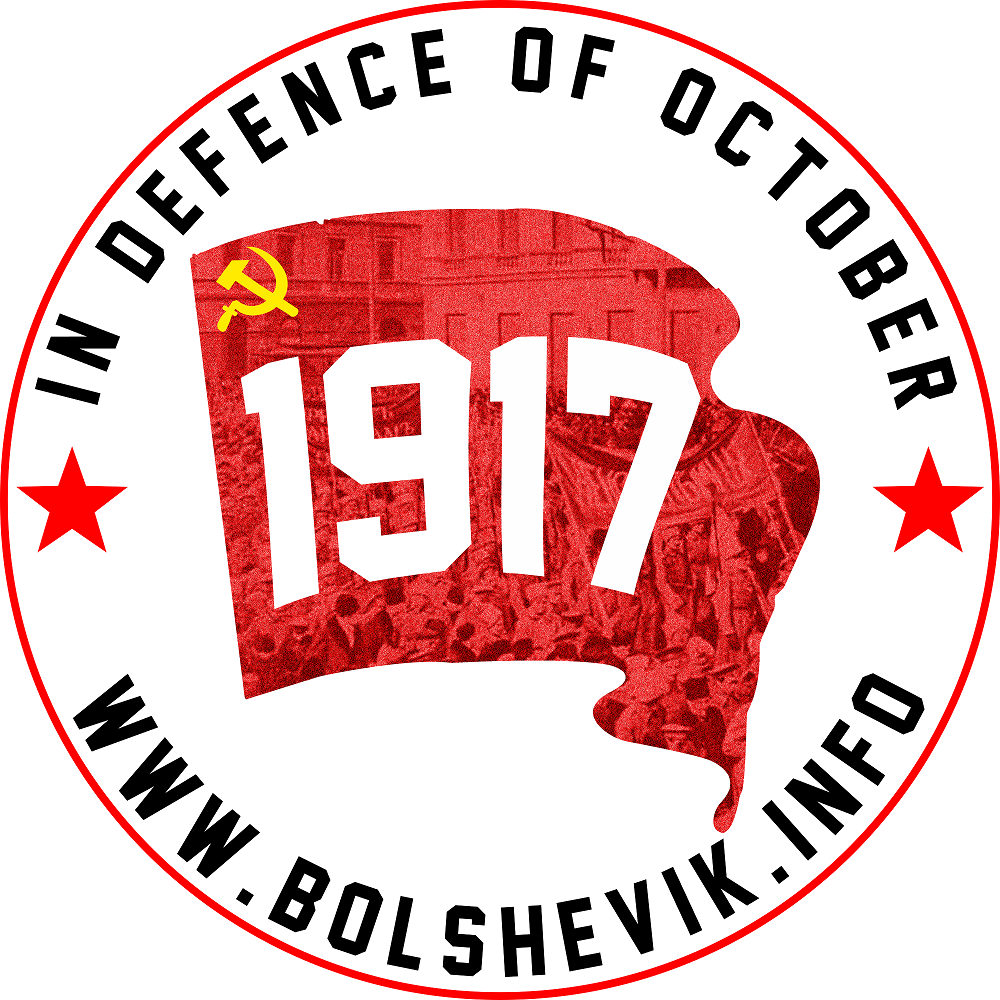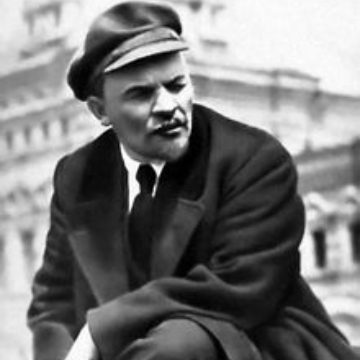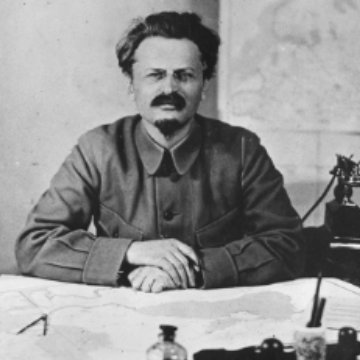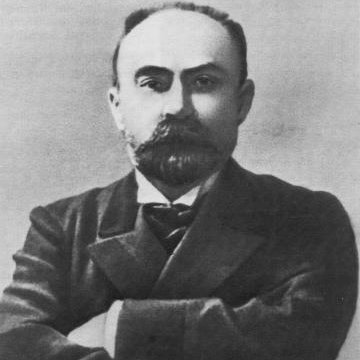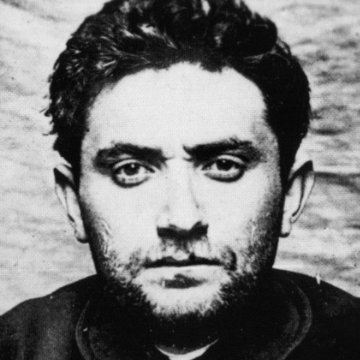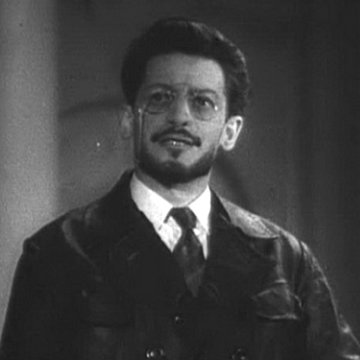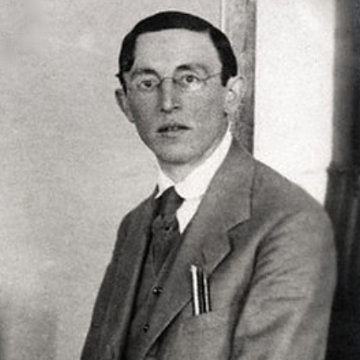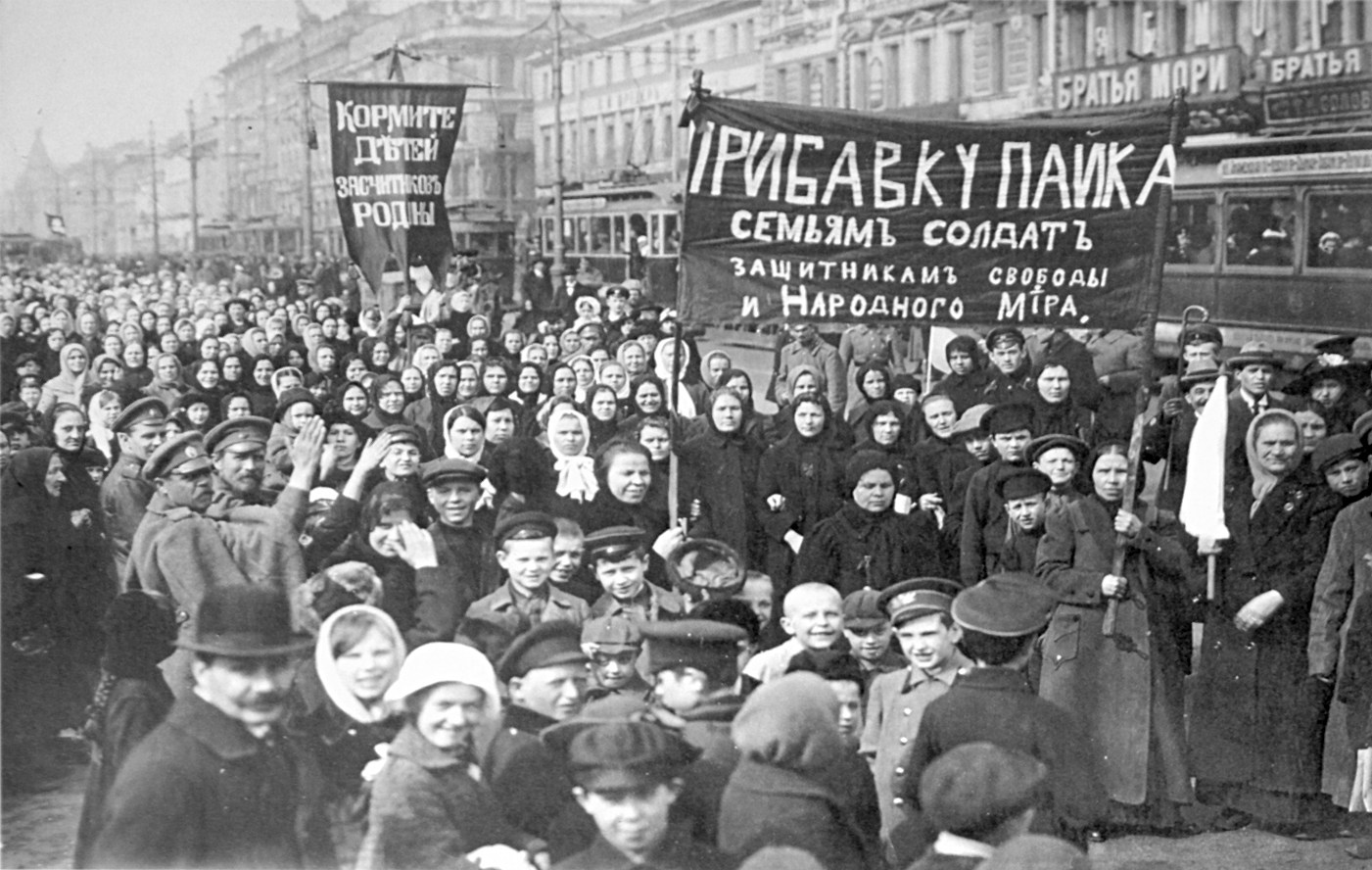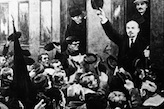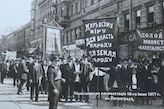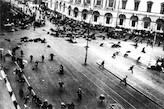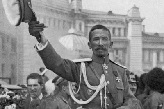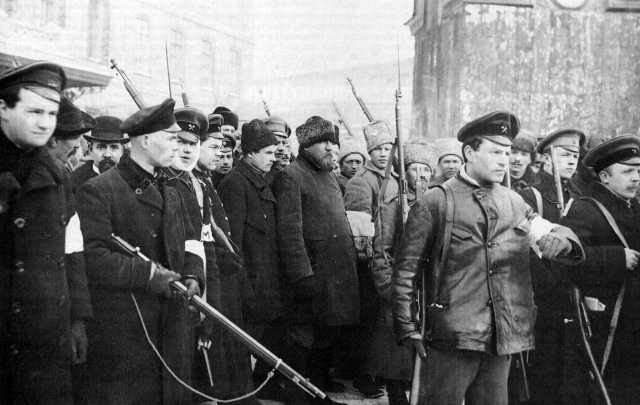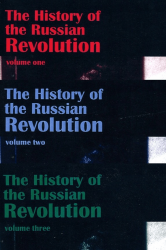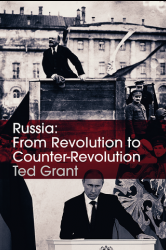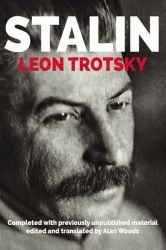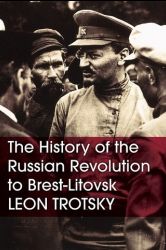"The bourgeoisie, the landowners and all the rich classes are making desperate efforts to undermine the revolution...They have even gone so far as to sabotage food distribution, thereby menacing millions of people with famine."
Note To F. E. Dzerzhinsky; With A Draft Of A Decree On Fighting Counter-Revolutionaries And Saboteurs
To Comrade Dzerzhinsky,
Further to your report today on measures for fighting saboteurs and counter-revolutionaries,
would it not be possible to submit a decree like the following?
On Fighting Counter-Revolutionaries and Saboteurs
The bourgeoisie, the landowners and all the rich classes are making desperate efforts to undermine the revolution, the aim of which is to safeguard the interests of the workers, the working and exploited masses.
The bourgeoisie are prepared to commit the most heinous crimes; they are bribing the outcast and degraded elements of society and plying them with drink to use them in riots. The supporters of the bourgeoisie, particularly among the higher clerical staff, bank officials, and so on, are sabotaging their work, and are organising strikes to thwart the government's measures for the realisation of socialist reforms. They have even gone so far as to sabotage food distribution, thereby menacing millions of people with famine.
Urgent measures are necessary to fight the counter-revolutionaries and saboteurs. In virtue of this, the Council of People's Commissars decrees:
(1) Persons belonging to the wealthy classes (i.e., with incomes of 500 rubles or more per month, and owners of urban real estate, stocks and shares, or money amounting to over 1,000 rubles), and also all employees of banks, joint-stock companies, state and public institutions, shall within three days [2] present to their house committees written statements in three copies over their own signatures and indicating their address, income, place of employment and their occupation.
(2) The house committees shall countersign these statements, retain one copy and send one copy to the municipality and another to the People's Commissariat for Internal Affairs (address:. ...[3]).
(3) Persons guilty of contravening the present law (failing to submit statements, giving false information, etc.) and members of house committees infringing the regulations governing the collection, filing and presentation of these statements to the institutions mentioned above shall be liable to a fine of up to 5,000 rubles for each infringement, or to imprisonment up to one year, or shall be sent to the front, depending on the nature of the offence.
(4) Persons sabotaging the work of, or declining to work in, banks, state and public institutions, joint-stock companies, railways, etc., shall be liable to similar punishment.
(5) As a first step towards universal labour conscription, it is decreed that the persons referred to in § I shall be obliged, first, constantly to carry with them a copy of the above-mentioned statement certified by the house committees and by their chiefs or elected officials (factory committees, food committees, railway committees, employees' trade unions, etc.); the certificates must indicate what public service or work is being performed by the individual in question, or whether he is living with his family as a disabled member thereof, etc.
(6) Secondly, such persons shall be obliged to acquire, within one week from the promulgation of the present law, worker-consumer books (specimen attached), in which their weekly income and expenditures shall be entered, together with the public duties performed by the individual in question, certified by the proper committees or institutions.
(7) Persons who do not come under § l shall present to their house committees a statement in one copy of their income and place of employment and shall carry another copy of this statement certified by the house committee.
Footnotes
[1] Lenin raised the question of fighting the internal counter-revolution and sabotage before the Council of People’s Commissars on December 6 (19), 1917, in view of the fierce resistance to the measures of the Soviet Government and a possible strike by senior civil servants. Dzerzhinsky was asked to form a commission to inquire into ways of fighting the sabotage. On December 7 (20), the government heard his report, in connection with which Lenin appears to have written his draft decree. At the same sitting the government formed the All-Russia Extraordinary Commission (Cheka) to Combat Counter-Revolution and Sabotage. Dzerzinisky was appointed its chairman.
[2] In the manuscript Lenin wrote within 24 hours above the words “within three days”-Ed.
[3]In the manuscript Lenin left a space for the address.-ed.
Source: Marxist Internet Archive.

